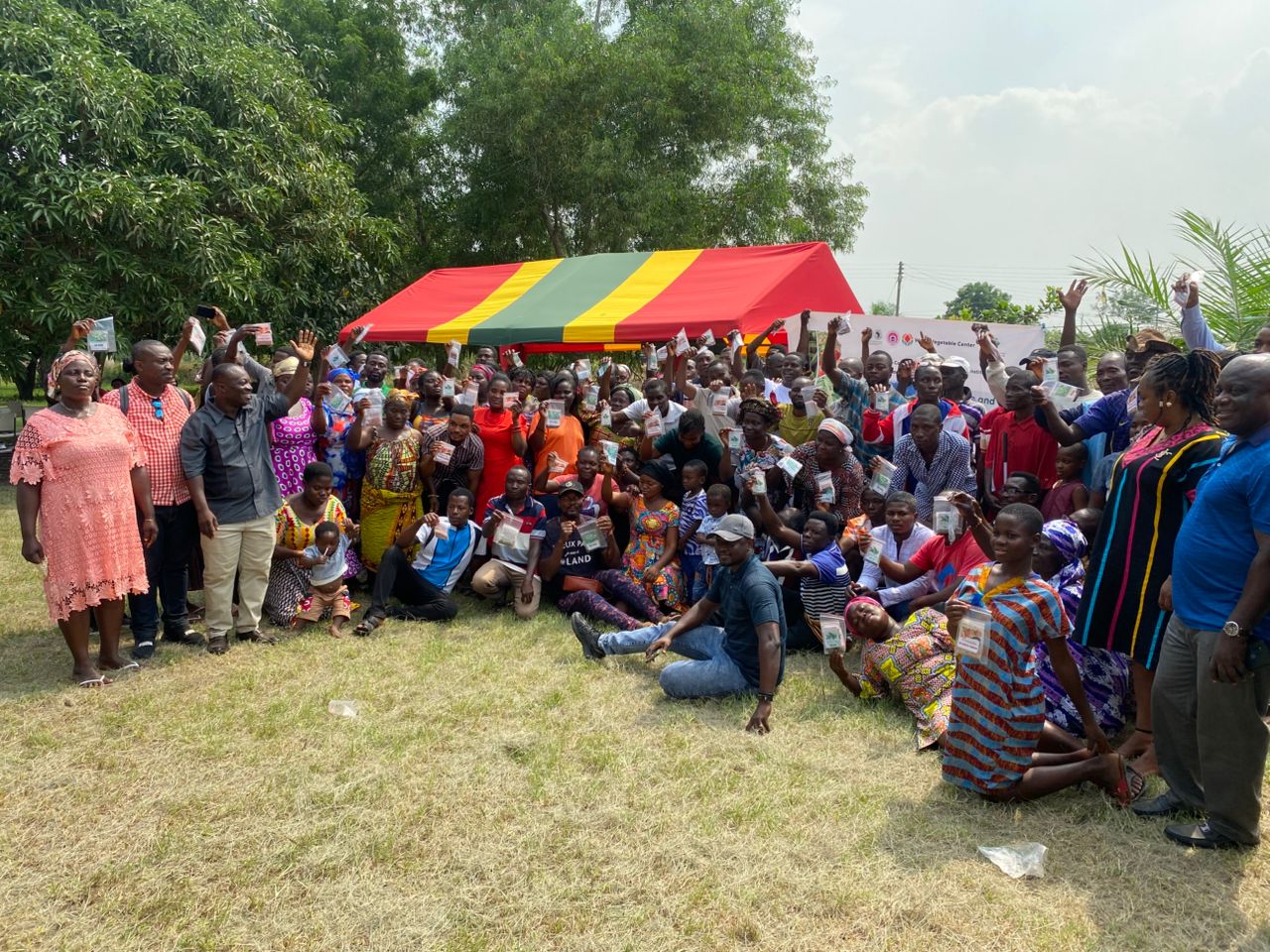Empowering Farmers, Enhancing Nutrition: CSIR-CRI’s TAAT II Vegetable Compact Project
The Council for Scientific and Industrial Research – Crops Research Institute (CSIR-CRI) is revolutionizing vegetable production in Ghana through its partnership with the World Vegetable Centre under the Technologies for African Agricultural Transformation (TAAT) II Vegetable Compact Project. This initiative aims to empower farmers by promoting the cultivation of improved vegetable varieties, enhancing productivity, and strengthening the vegetable value chain.
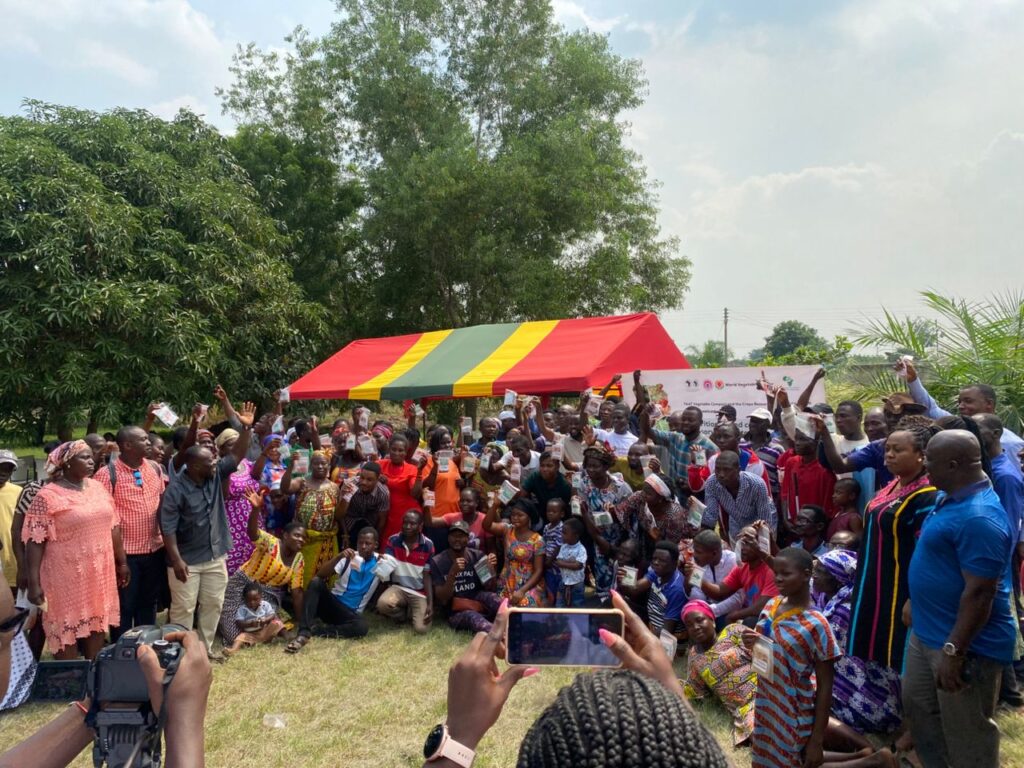
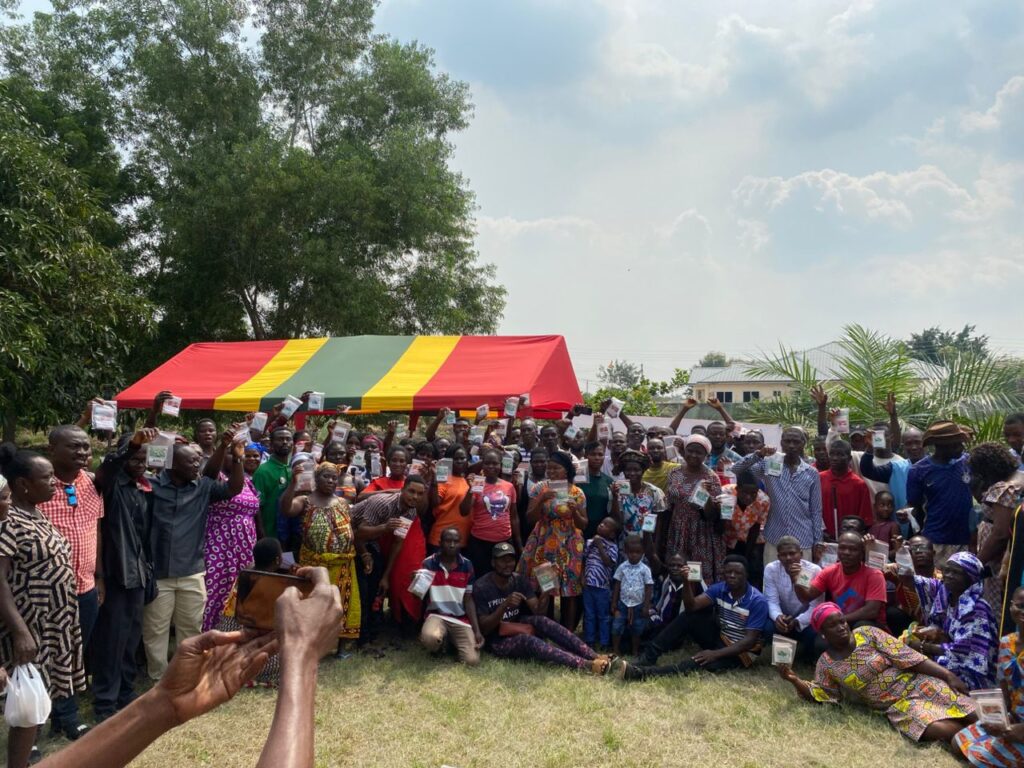
Nutritional Food Campaign: A Key Initiative
A nutritional food campaign took place on 2nd September 2025 in Agortime Ziope District, Volta Region, where participants engaged in a sensory test of dishes made from new varieties of tomatoes and some okra and amaranth elite lines. The event offered a valuable platform for farmers to learn about the nutritional benefits of these vegetables and how to incorporate them into their daily diets.
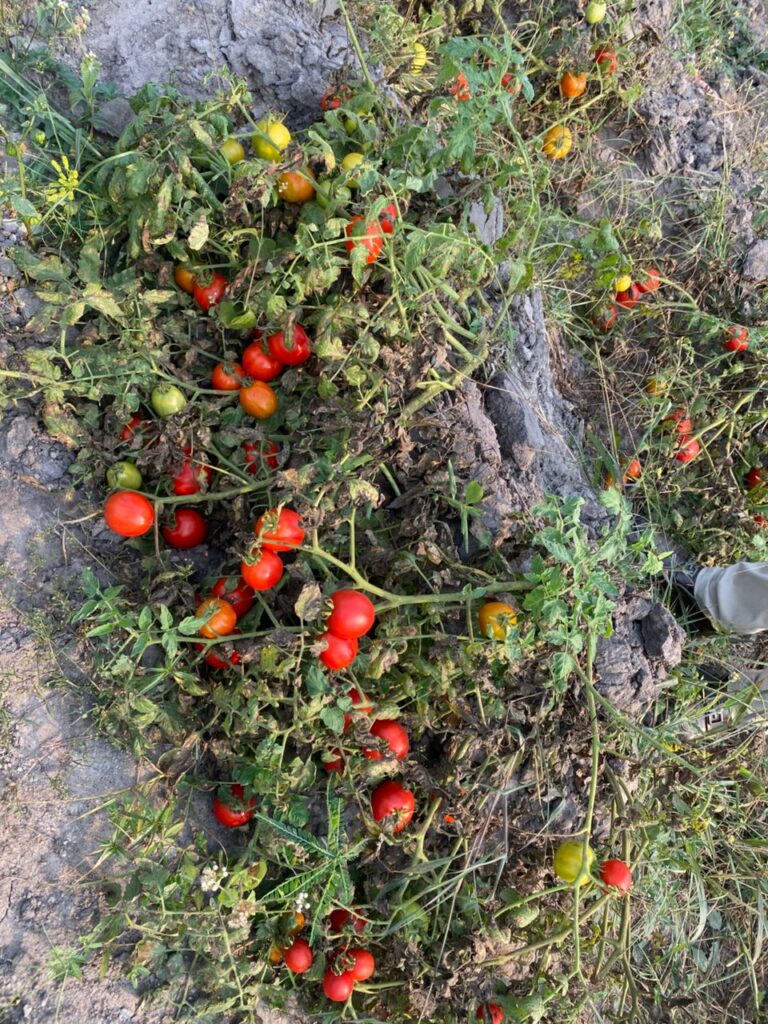
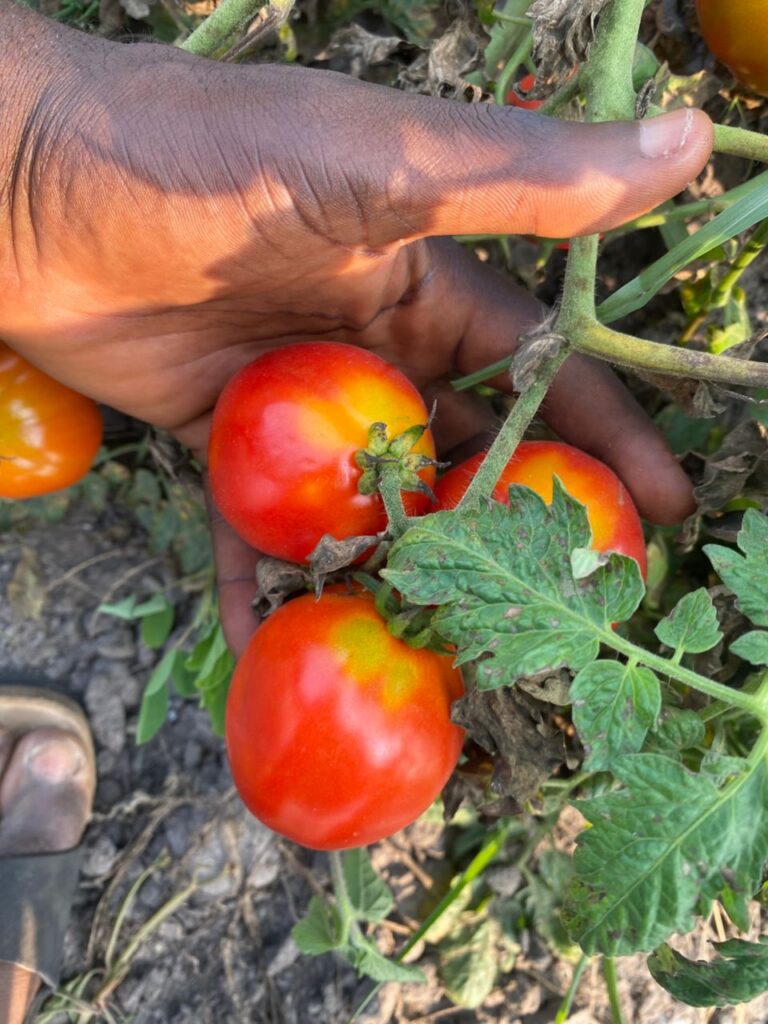
Project Highlights
The Project Lead, Dr. Michael Kwabena Osei, introduced new tomato varieties such as CRI Kwabena Kwabena and KOPIA tomatoes that are early-maturing, high-yielding, and tolerant to blight. These varieties have shown remarkable potential, with yields of up to 20 tonnes per hectare compared to the local average of 7–10 tonnes. The project aims to link farmers to commercial seed producers once they embrace the new varieties.
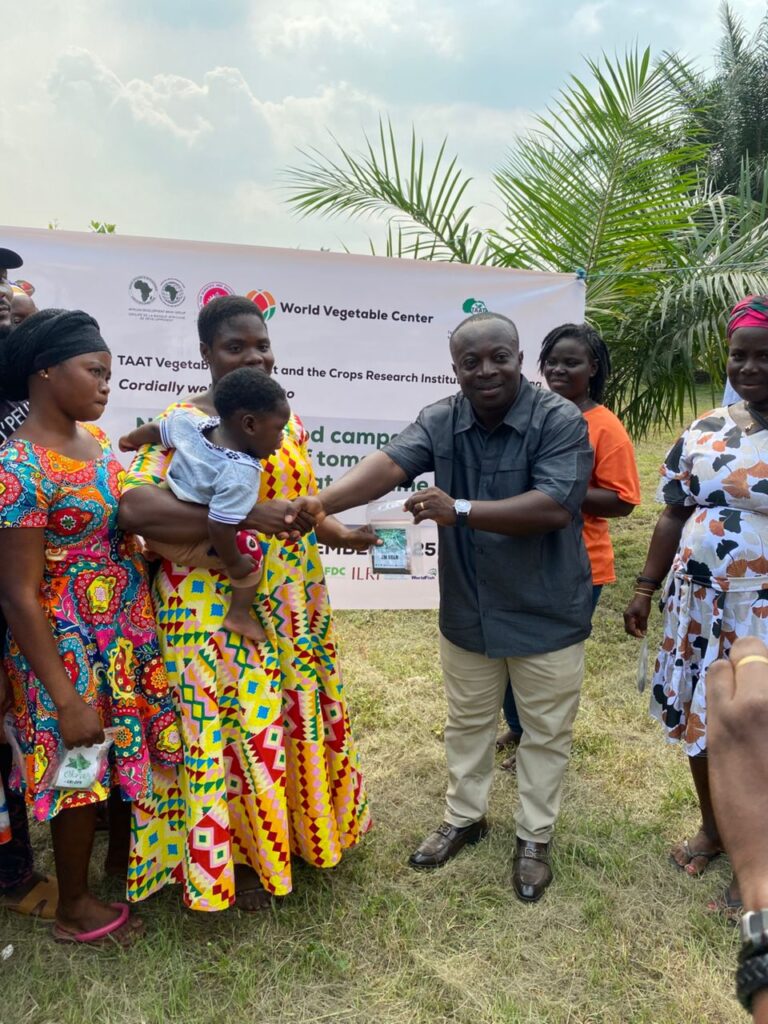
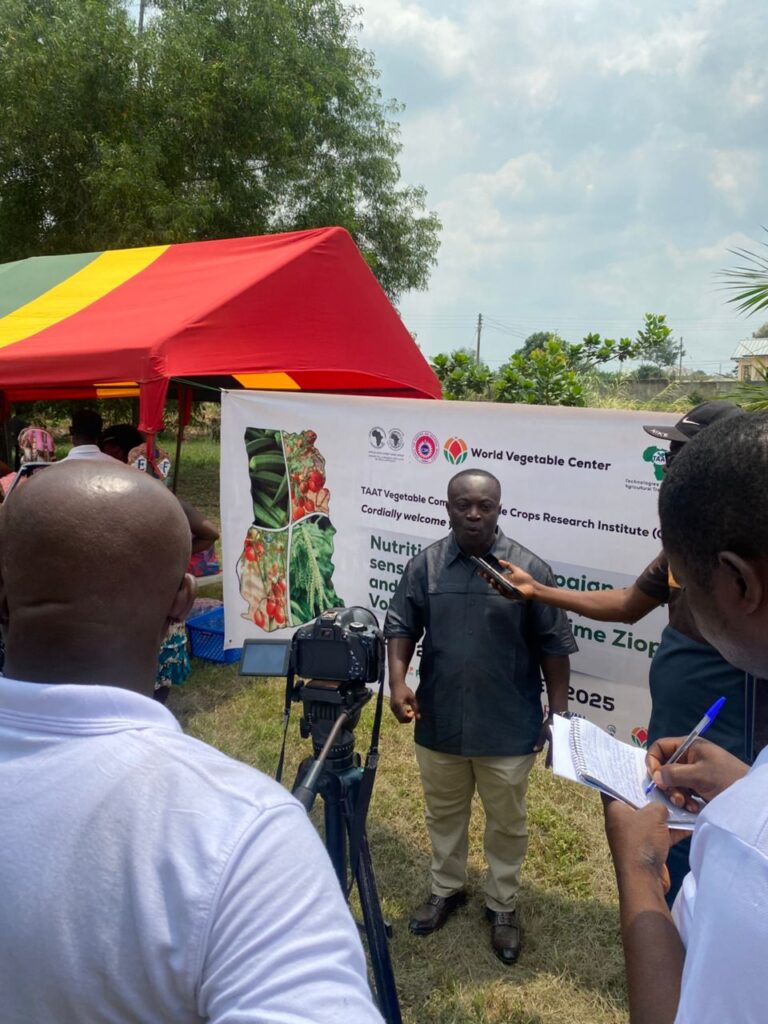
Revitalizing Amaranth: A Forgotten Staple
The project introduced two promising amaranth elite lines, GH10316A from CSIR-CRI and AM-NKGN from the World Vegetable Center, to farmers. These elite lines exhibited high drought tolerance and performed exceptionally well despite minimal rainfall from transplanting to flowering. The food campaign aimed to rekindle the taste and memories of this neglected vegetable and help reduce malnutrition due to its rich micronutrient content.
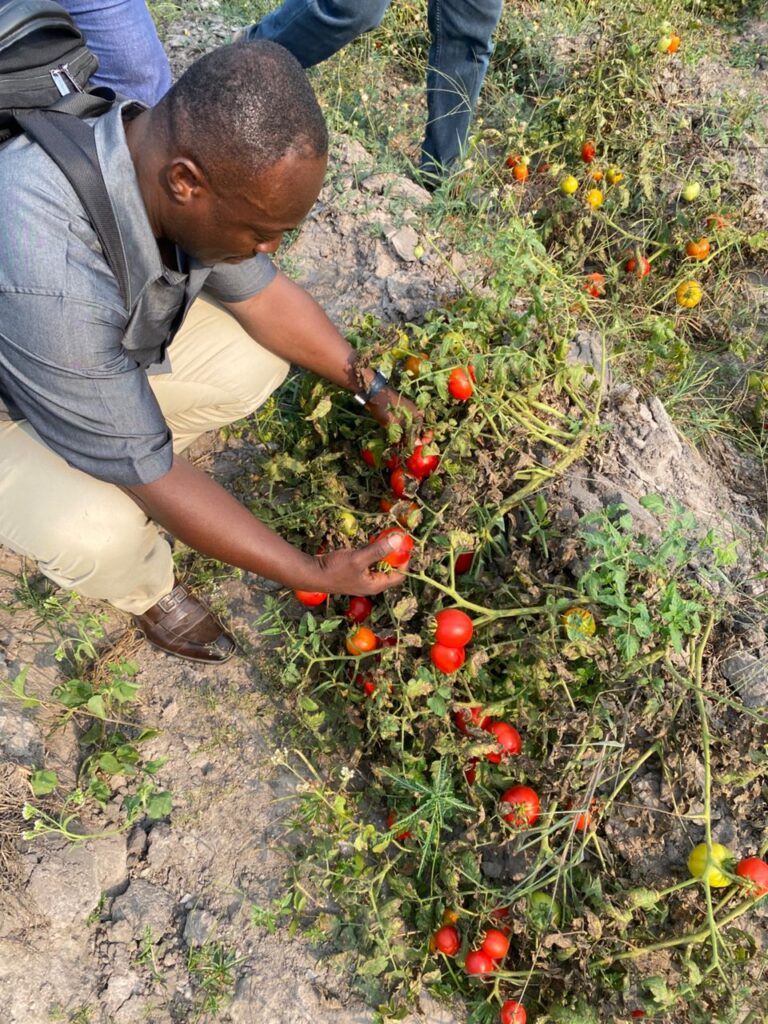
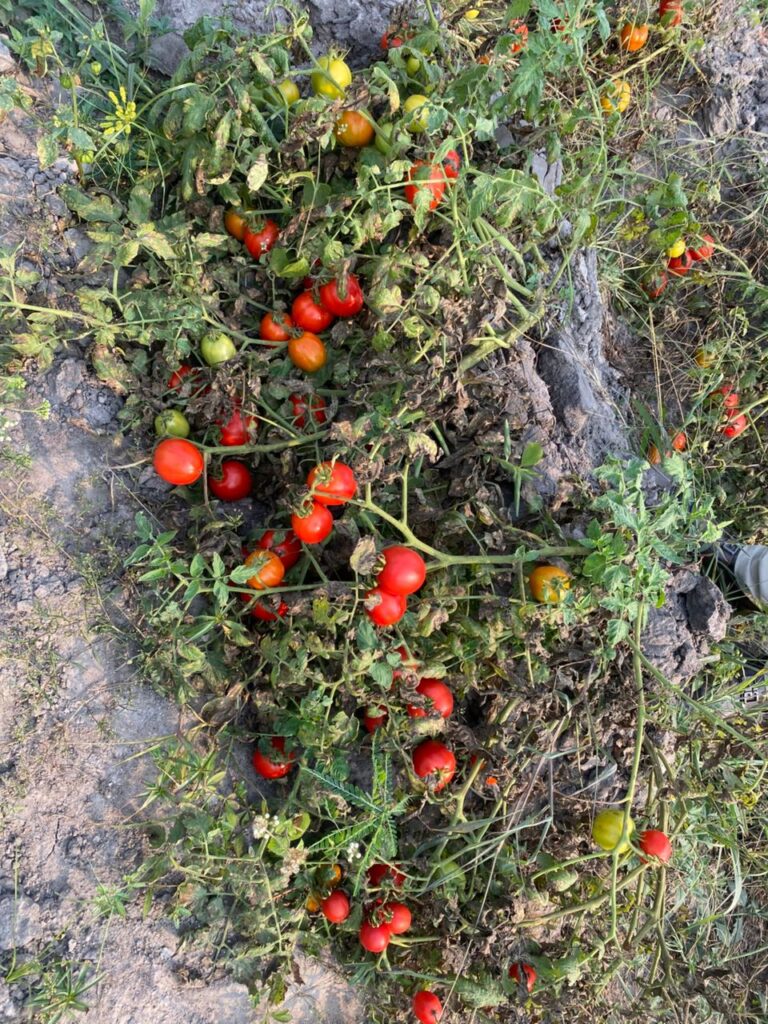
Introducing Improved Okra Lines for Nutrition and Resilience
Two promising okra lines have been introduced to farmers: CRIOFK (developed by CSIR-CRI) and AVOK 1540 (introduced by the World Vegetable Centre). These lines are early-maturing, high-yielding, and adaptable across environments. According to Dr. Jacinta Adoma Opoku, a Research Scientist from CRI, these okra lines are not only productive but also rich in vitamins A and C, calcium, and antioxidants, making them especially important for children, pregnant women, and vulnerable communities.
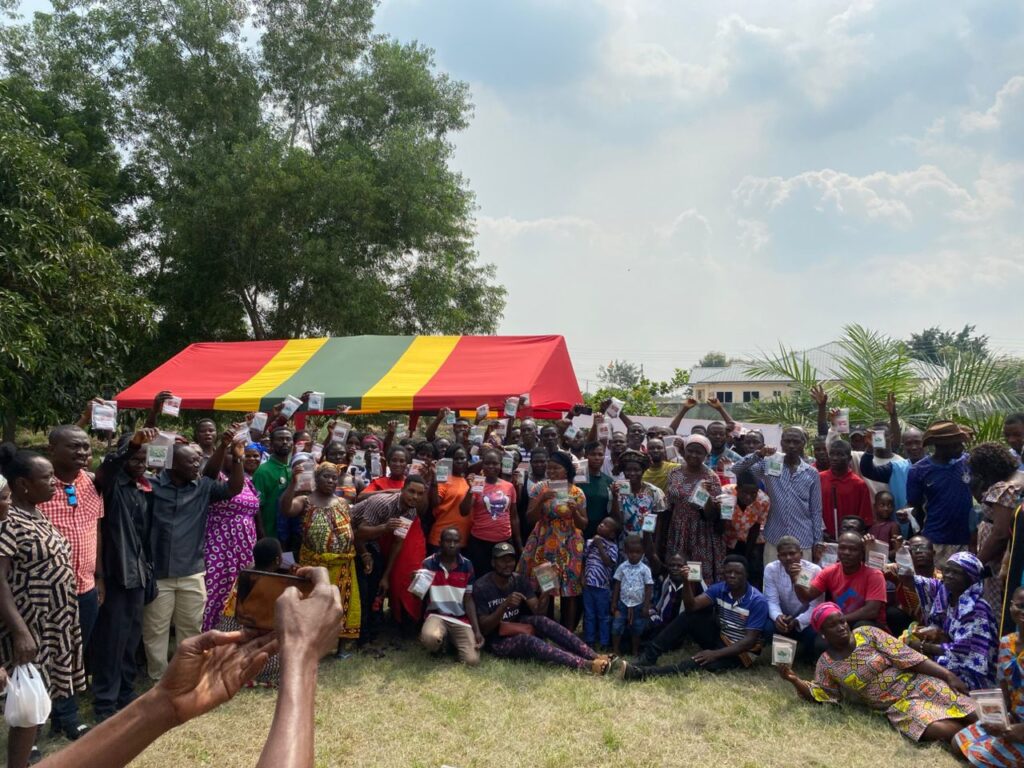
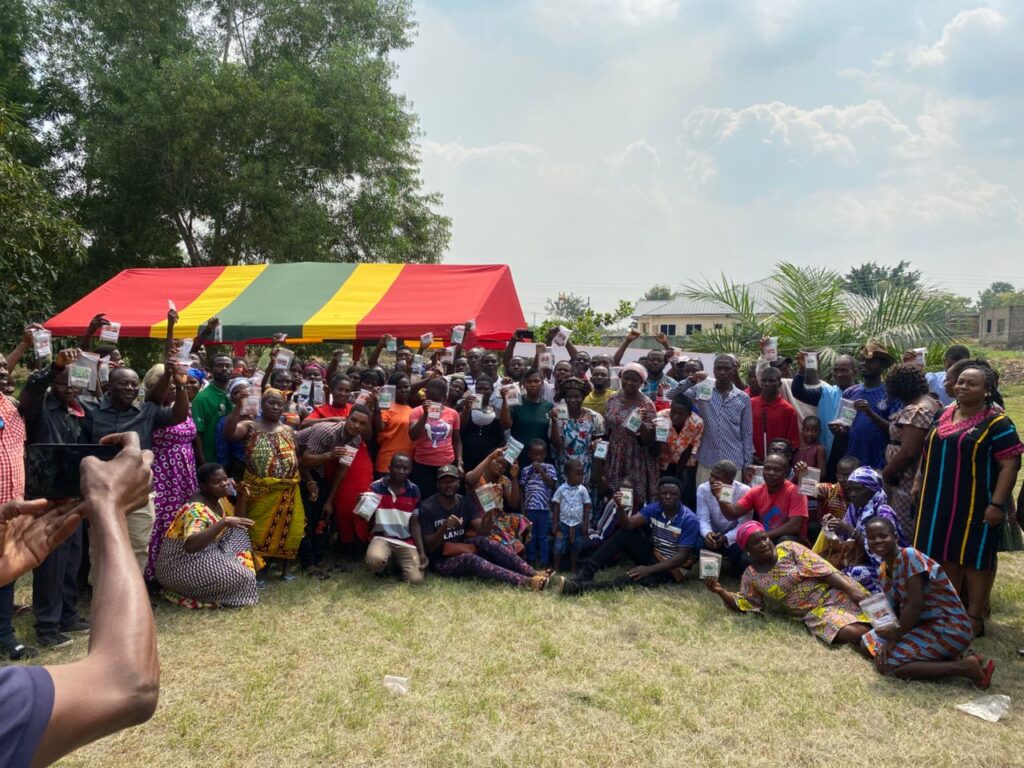
Impact on Livelihoods
The adoption of these okra lines can transform livelihoods across the value chain, providing immediate food benefits and long-term income security. Dr. Opoku stated, “Considering how nutritious and economical these two okra lines are, I believe CRIOFK and AVOK 1540 will make a big difference in the lives of farmers, retailers, consumers, and seed companies.”
The Power of Partnerships
The World Vegetable Centre is playing a crucial role in ensuring that technologies developed under TAAT reach smallholder farmers, with CSIR serving as a key partner in Ghana. The partnership is contributing to food security and economic growth in Ghana by promoting the adoption of improved vegetable varieties and strengthening the value chain.
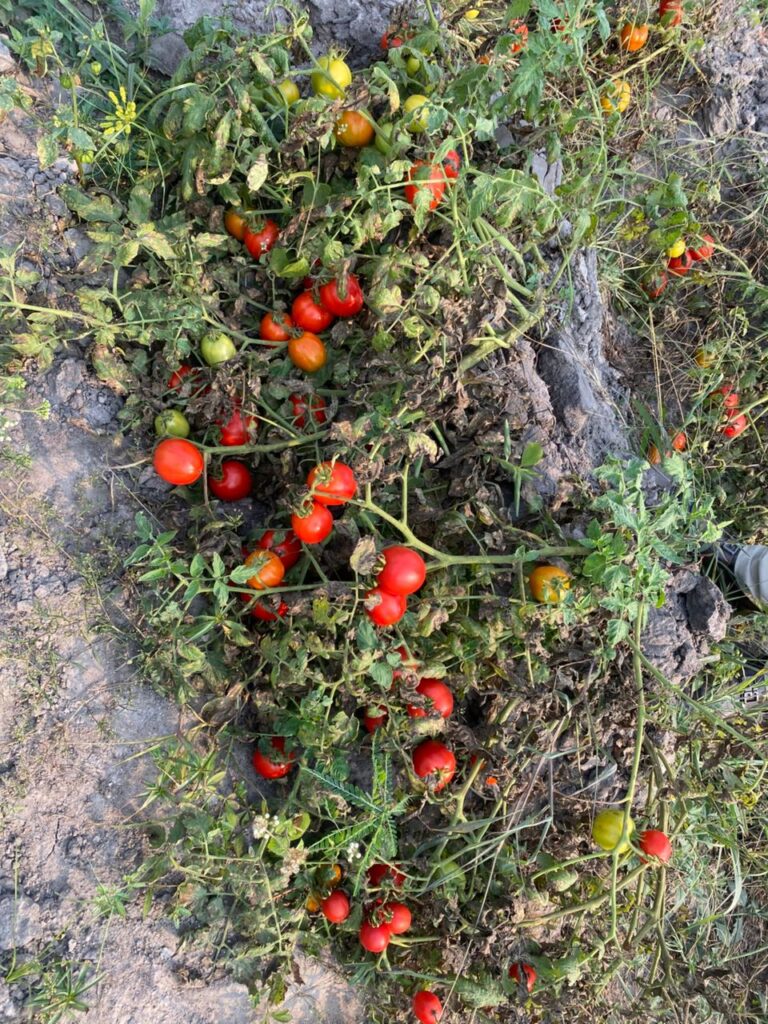
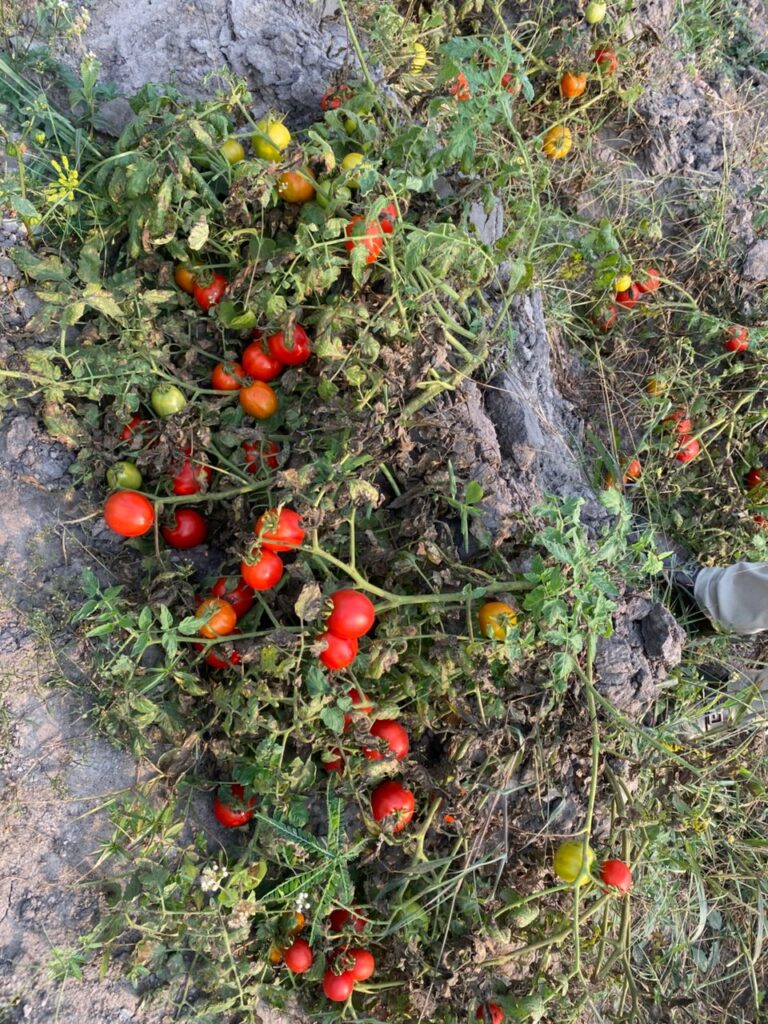
Farmers’ Voices
Farmers like Tornu Bright and Kuatudzo Esther Deladem have experienced firsthand the benefits of the improved varieties, praising their superior performance and longer shelf life. However, they also recommended government subsidies to make the seeds more accessible to farmers.
A Brighter Future for Ghana’s Vegetable Sector
The TAAT II Vegetable Compact Project is positively impacting Ghana’s vegetable sector, enhancing farmers’ livelihoods and supporting nutrition and productivity. With its focus on nutrition education, improved varieties, and farmer support, the project is poised to make a lasting impact on the lives of farmers and their families.
Author: Lynda Gifty Serwaa Nsafoah
Publisher: Enoch Bobie Agyemang

